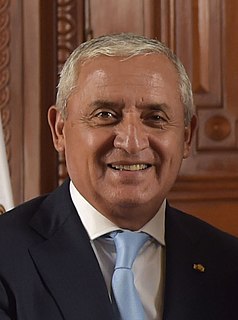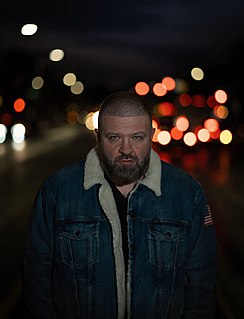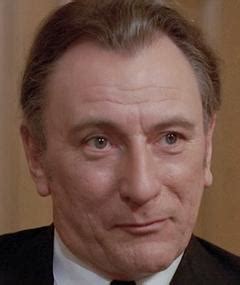A Quote by Otto Perez Molina
We are talking about creating a legal framework to regulate the production, transit and consumption of drugs.
Quote Topics
Related Quotes
I shall argue that it is the capital stock from which we derive satisfaction, not from the additions to it (production) or the subtractions from it (consumption): that consumption, far from being a desideratum, is a deplorable property of the capital stock which necessitates the equally deplorable activity of production: and that the objective of economic policy should not be to maximize consumption or production, but rather to minimize it, i.e. to enable us to maintain our capital stock with as little consumption or production as possible.
For carbon-neutral cities, there are things worth talking about in how our consumption patterns can change - sharing goods, etc. - but those are a fraction of the impacts of transportation and building energy use. If we need to choose priority actions, the most important things are to densify, provide transit, and green the buildings.
The international human rights framework is a vital component and engine for promoting global values. Governments have signed up to this international legal framework and we should hold them accountable, in all circumstances from environmental or labour standards, to trade talks, arms control and security issues as well as other international legal codes.
No civilization would ever have been possible without a framework of stability, to provide the wherein for the flux of change. Foremost among the stabilizing factors, more enduring than customs, manners and traditions, are the legal systems that regulate our life in the world and our daily affairs with each other.
The similarities between street drug abuse and psychotropic prescription drug use are disturbing. Both types are toxic. Both can cause psychosis, damage the brain and other organs, and even cause death. And neither type of mind-altering drugs, legal or illegal, treats disease. It's important to recognize that the only significant difference between many prescription psychotropic drugs and street drugs such as "speed" and "downers" is that prescription drugs are legal.
The effect of the post-Enlightenment project for human society is that all human activity is absorbed into labor. It becomes an unending cycle of production for the sake of consumption. The modern concept of "built-in obsolescence" makes this clear. The cycle of production and consumption has to be kept going, and the work of the artist or craftsman who aims to create something enduring becomes marginal to the economic order.
We've wanted to produce more in the 19th century and the 20th century in order to give man the possibility for more dignified human life; but actually what has happened is that production and consumption have become means - have ceased to be means and have become ends, and we are production crazy and consumption crazy.
Consumption is the sole end and purpose of all production; and the interest of the producer ought to be attended to only so far as it may be necessary for promoting that of the consumer. The maxim is so perfectly self-evident that it would be absurd to attempt to prove it. But in the mercantile system the interest of the consumer is almost constantly sacrificed to that of the producer; and it seems to consider production, and not consumption, as the ultimate end and object of all industry and commerce.
Developed and benefited from the unsustainable patterns of production and consumption which have produced our present dilemma. It is clear that current lifestyles and consumption patterns of the affluent middle class-involving high meat intake, consumption of large amounts of frozen and convenience foods, use of fossil fuels, appliances, home and work-place air-conditioning, and suburban housing-are not sustainable. A shift is necessary toward lifestyles less geared to environmentally damaging consumption patterns.


































